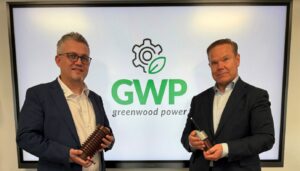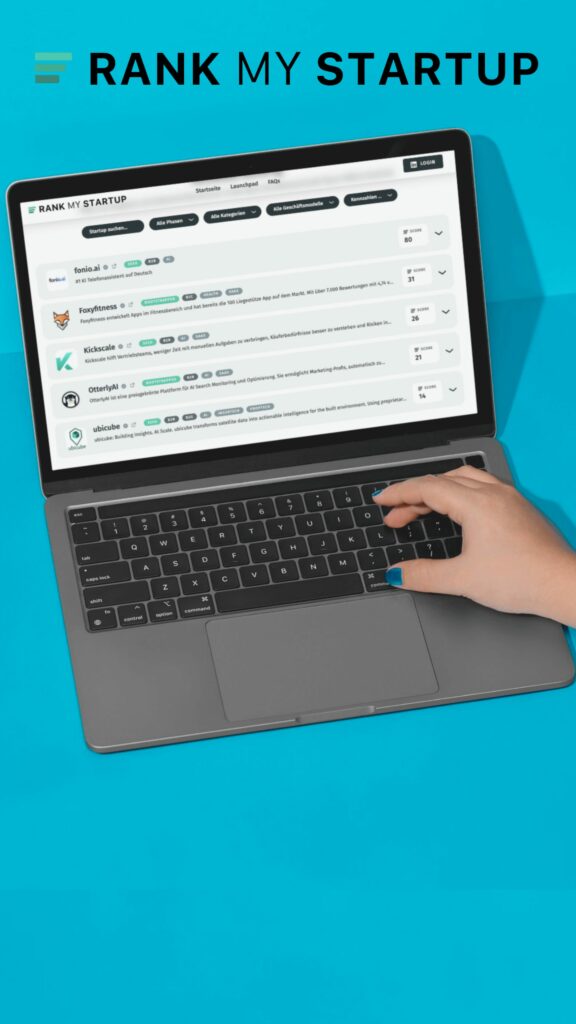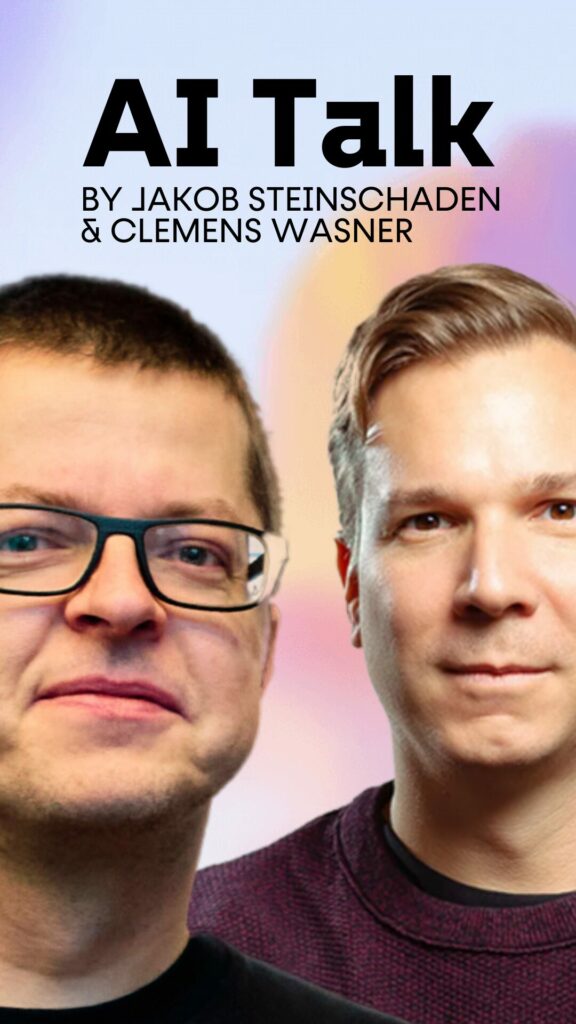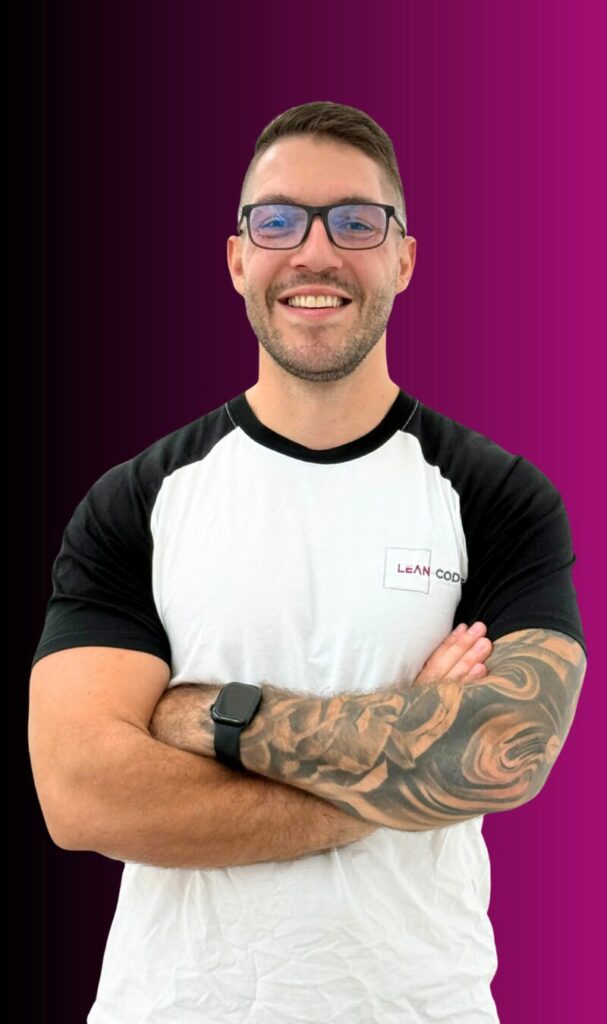Neobank Qonto startet in Österreich: CEO Alexandre Prot im Exklusiv-Interview
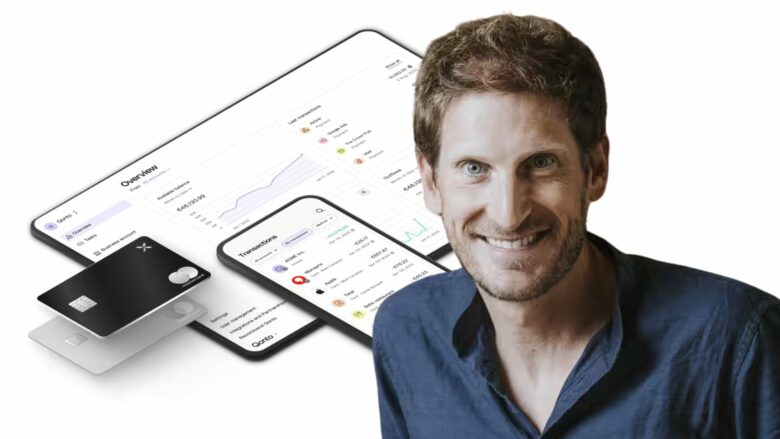
Traditionelle Geldinsititute wie digitale Neo-Banken haben in Österreich einen neuen Mitbewerber: Am heutigen Donnerstag startet das französische Fintech-Unicorn Qonto offiziell in vier neuen Märkten – neben Belgien, den Niederlanden und Portugal auch in Österreich. Die Neobank richtet sich dezidiert an Startups und KMU und bietet nicht nur die Bankkonten mit Karten etc. an, sondern auch passende Services wie Rechnungslegung, Finanzierungen und Buchhaltung.
Zum Launch in Österreich hat sich CEO und Mitgründer Alexandre Prot Zeit genommen, den Trending Topics-Leser:innen Einblicke in die Pläne in Österreich, die Expansion in Europa, die kommenden Finanzierungslösungen und den Einsatz von AI zu geben.
Trending Topics: Qonto is launching today in Austria. What do the users get what don’t get elsewhere?
Alexandre Prot: We’re launching today in Austria together with three other markets: Belgium, Portugal and Netherlands. This is the second step of our European expansion. We launched Qonto in France originally seven years ago but we’ve always had the ambition to do really a European company. Four and a half years ago we launched in Germany, Italy and Spain and really focused on these four markets until now. Now we have 500,000 customers today, and now it feels like the right time to go to the next step of our European expansion.
Austrian entrepreneurs and business owners will get is basically the Qonto offer that we’ve developed over the last seven years. The first piece is the business accounts to manage a business from a banking perspective, faster, easier, better than what you can do with a traditional bank. The second piece is what we call financial tools that enable business finance management much easier from invoicing to paying suppliers, managing cash forecasting cash to all the bookkeeping. Our customers declare on average that they they save about two hours of admin work per week.
What are the USPs of Qonto?
I would say overall there really are three ingredients that made the success of Conto. I mean both the technical product meaning the online banking, the mobile app but also what’s behind the product. We can manage payments at scale in a really great way also from account opening in a couple of minutes 100% online to adding users to getting your card delivered to your door within two days.
The second piece is amazing customer support. Customer support has been very much overlooked not only by traditional banks but also by Fintech that sometimes believe that the product is the only topic and forget a bit about the customer care. We’ve been investing a lot early on on this. We reply seven days a week even 24/7 in France and Italy soon also 24/7 for German speakers including Austria.
The third element is really fair, clear and transparent pricing which again unfortunately has not been the strengths of traditional banks. It’s usually pretty complex. If you’re not happy you can also leave very easily, you can upgrade downgrade your plan, there’s also one month free trial for all our customers and so on.
What goal do you have in Austria? Are there any targets you want to reach within the next 12 months?
Our goal is to get to 1 million customers by 2026 so if we could get thousands of customers in Austria we’d be super happy. We don’t have one specific goal yet. What really matters for us in the next few weeks and months is to make sure we have a very good understanding of the specific local Austrian aspects. We know that our product and services are about 80 to 85% the same in all markets and maybe 15 to 20% really specific to each market when it comes to company creation, tax payments, local payments, accounting integrations, partnerships. We really want to understand that very well and make sure we offer the best service for Austrian companies from incorporating company to paying your taxes, to being integrated with your accounting software or the software your accountant uses.
Indeed, there’s a very special Austrian thing. So since the beginning of the year, you can fund the FlexCo (Flexible Kapitalgesellschaft) as an alternative to a GmbH. It’s especially meant for startups, SMEs to make funding companies easier. Do you support FlexCo?
I don’t know. But this is exactly the kind of things we want to learn on the ground. And given what you just described, this is exactly something we want to build. So I don’t know, to be honest, if it’s already possible to open an account for FlexCo.
As an entrepreneur, I have many choices for opening bank accounts all across the range from traditional banks to new banks like Revolut. Who are your main competitors? Is it the traditional ones or Revolut and the others?
95 plus percent of the market is still, of course, with traditional banks. The bulk of our opportunity lies there. So that’s the main competition. But there are also obviously other fintechs that also have seen that SMEs are not well served by traditional banks and that are getting interested in that segment. IThe real strengths we have at Qonto is that we’re focused on that segment. We go into that level of detail where some other fintech, the one you mentioned, I think are much more like present globally, but go a bit less locally.
This last mile of really localizing the product, going into the details of the legal type, the data integration, but like deep integration, the rights, you know, all these things matter a lot for SMEs, because the customers that we’re serving, they don’t care too much that we’re in eight markets.
So you have to adapt to each market, not like in the US with a single market. How do you feel about the entrepreneurial environment in Europe?
That’s both the beauty and the challenge of Europe. It’s more fragmented than the US. Different languages, different or slightly different cultures, sometimes different currencies, even though the Euro, of course, and your area has helped a lot on this. It’s definitely less easy than to scale across the US. That said, I think there’s been quite some progress, especially in financial services. We have one license that is originally a French license that we’re able to passport across the European Union. So we don’t have to get a new license in every market. The Euro area and the SEPA network also enabled us to very quickly offer our Qonto products across our now eight markets. So there are also definitely some good integrations and paths towards having a larger European market.
We’re still far from the, let’s say, unicity of the US market or the Chinese market. It’s easier to build a global company if you start from the US or if you start from China. But that doesn’t mean we cannot have very successful companies in Europe.
Would you expand to the United States one day?
Never say never. But I think for the next couple of years, we’re really busy in Europe. The market is huge, there are 26 million SMEs in Europe. We have a good start with half a million, but there is still so much to do. We’re also serving them with more products, not only the business accounts, but the financial tools, potentially also stepping up on the financing.
So Qonto is also granting credit to companies in terms of financing like other banks do?
We’ve been doing two things on the financing side. First, what we launched four or five years ago was what we call the financing hub. And so basically on Conto, we connected partners that could offer their financing or their credits offers directly to our customers. And this, by the way, tends to be pretty local.. So we had three, four partners for French customers, three, four partners for German, Italian, Spanish, and so on. And so that’s been working pretty well. And we keep on doing that. We also plan on doing that in Austria, Belgium, Netherlands, and Portugal. It’s going to be gradual. It’s not going to be overnight available, but this is definitely the direction.
The second piece is that we also built and started offering our in-house financing product that we call PayLater, which basically enables our customers to finance their invoices that they have to pay. Let’s say I’m buying several new MacBooks. And instead of paying those 10,000 Euros to Apple, I can ask Qonto to finance those 10,000 Euros. And then I will reimburse Conto over three, four, nine installments. It’s working pretty well. It’s still for amounts up to 15,000 euros, so relatively small amounts, but that’s already pretty useful for a lot of small companies and freelancers. With our payment institution license, we can only do financing up to 12 months. This is just the beginning.
What are your goals for qonto apart from launching in the United States? Revolut is meant to IPO someday. Is this also one of your goals?
The goal is really to develop the company and to get more customers. We want to be profitable next year, and we’re on the very right track for that. And then an IPO might happen. It’s something that probably would be a good step because it only happens to successful companies. So of course, this is something we could see happening, but it’s not a short term topic of priority. It might happen in a couple of years.
We’re really still focused on growing the company. Because we’ll be profitable next year, and we raised already quite a lot of money, we don’t need new financing. We don’t have any pressure or rush to IPO or to do any financing round. The IPO market has been closed for quite some time. It seems that it’s reopening here and there, but I think we’ll need to see a bit more of that.
The economies of Germany and Austria are experiencing a recession, which also affects your customers. How do you think about the economic situation?
We don’t see or we don’t see yet, any significant impact on our customers. Of course we have customers that close every day, meaning companies that go bankrupt or just stop their business, but we haven’t seen any increase in those numbers. On the other hand actually we still see a very strong demand of new companies that are being created. Over the last couple of years we helped 200,000 entrepreneurs incorporate and start their company and so we still see these numbers growing very nicely. A lot of companies are being founded and that’s really true across all our four markets, so the net effect for us is really positive.
It still feels like the SME segment in Europe is overall pretty robust. Of course some companies are not doing well, but overall it is still pretty good.
If you could change one thing on a European level, what would be the innovation that would help companies like Qonto to grow more easily in Europe?
I think the challenge in Europe is that you often have European directives which are 90% clear and 10% can be a bit adjusted by each country. Each country has a slightly different way of doing things. So just to give you a very concrete example: On e-invoicing, which is a new topic for us, we just got approved by the French administration as an approved e-invoicing partner. But the certification process is slightly different from what we have to do in Italy, in Germany, in Spain and I’m pretty sure it’s going to be different in Austria, Portugal and in Belgium. So it’s not very different, but it’s a bit different. It adds up and so that’s where it’s a bit frustrating. I think it would be helpful to have a bit more alignment.
If we want to have successful European companies outside of Europe, we need to make sure they can be very successful within Europe.
Mistral AI is one of the tech champions in Paris. How do you think of AI in terms of using it for customer support or other parts of your technology stack?
I know Mistral AI pretty well because also I invested in the company. We’re indeed working on those topics and leveraging AI at Qonto for several things. One is improving customer care. That’s a pretty obvious use case. We’re continuously improving and upgrading what we do. By the way, not only having this kind of automated bots answering to our customers, but also very much using GenAI as a tool to make our teamwork more efficient. We have drafts for answers and basically being faster at writing back to customers. So it’s notfully automated, but it makes it easier and faster. And then fraud detection is a big topic in a company like ours. We can put a lot of intelligence or smart automations, with all the data that we have to make, again, both Conto a better service for our customers, but also a safer service for us and our customers.




















